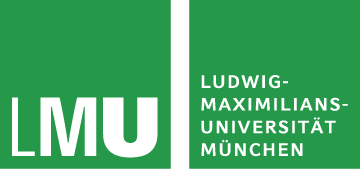Clinical Microbiology- Infectious Serology
Background
Serological tests are of great importance in the differential diagnosis of many infectious diseases. The prerequisite is an intact immune system that is capable of producing antibodies when confronted with a pathogen. Since this usually takes a few days, serology is not suitable for acute diagnosis. In general, IgM detection correlates with a recent infection, while IgG antibodies are indicative of a chronic or past infection. A seroconversion or a significant rise in titer of more than 2 levels also speaks for an acute disease event. Therefore, a second examination of the serum is usually indicated.
Serological examinations can be disturbed by cross-reactions (antigen communities of different pathogens) or by polyclonal immune stimulation (e.g. in EBV infection). Autoantibodies such as rheumatoid factors can lead to false positive IgM detections. Therefore, serological findings should always be evaluated in conjunction with the clinical picture and other microbiological examinations and are usually not suitable as the sole basis for a diagnosis.
Serological examinations require approx. 5-10 ml of blood (serum tube) or 1 ml of cerebrospinal fluid (sterile tube). For the determination of the CSF/serum index, CSF and serum should be sent from the same day of collection.
If you have any questions, please contact us at the following telephone number:
Serology Main Laboratory: +49 89 2180-72840

